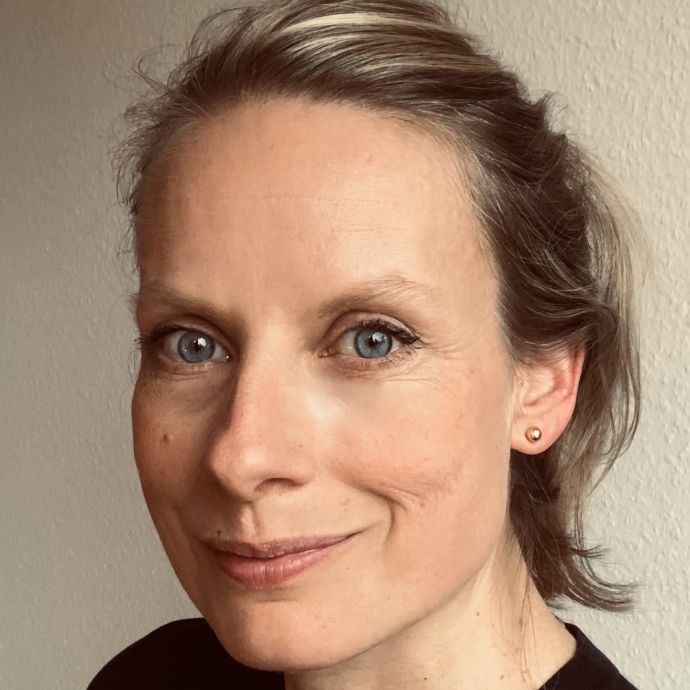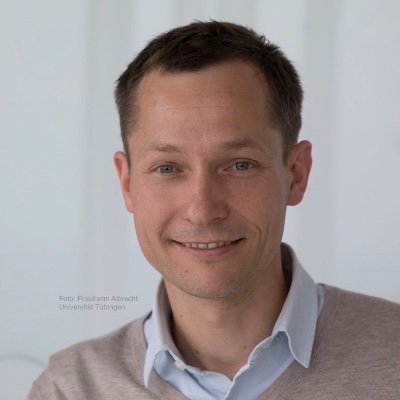The CherISH network
Our projectsProject 2: Modelling neurophysiological correlates of spatial hearing using a deep neural network model
Host Institution: Eberhard Karls Universität Tübingen
In this project, we simulate Sound-Localization (SL) in normal hearing individuals and CI-users using a computational model which include deep neural networks.
Based on simulations, a predictive link between neural computations, behavioural as well as electrophysiological results is established. By comparing network performance for spatial hearing in normal hearing vs CI similarities and distinctions between computations performed in both groups will be identified. Results will be used to design new devices and training procedures for CI-rehabilitation.
Our partners for this project:
- Université Claude Bernard Lyon, France [Secondment 1]
- Reactify Music LLP, UK [Secondment 2]




Dr. Stefanie Liebe
Resident in Neurology and Epileptology / Clinician Scientist
Current position
I am a Clinician Scientist interested in clinical and cognitive neurophysiology.
I use AI and Machine Learning methods for research questions in systems neuroscience with a specific focus on epilepsy and memory.
Biography
I am a Clinician Scientist with research interests at the intersection of systems neuroscience and epilepsy, with degrees in medicine and psychology. During my PhD in Neuroscience at the Max Planck Institute for Biological Cybernetics in Tübingen I studied neural mechanisms underlying visual memory using extracellular recordings of single unit activity and local field potentials. After a post-doc in the UK, I continued to work on similar topics using intracranial recordings from human epilepsy patients at the University Hospital Bonn. Recently I became interested in applying AI methods to better understand neural mechanisms of memory and characterizing neurological diseases such as epilepsy.
N/N
DC2
to be recruited

Current position
Dr. Jakob Macke was appointed Professor of Machine Learning in Science at the Faculty of Mathematics and Natural Sciences at the University of Tübingen in the summer semester of 2020. This professorship was established in the Cluster of Excellence “Machine Learning – New Perspectives for the Sciences”.
